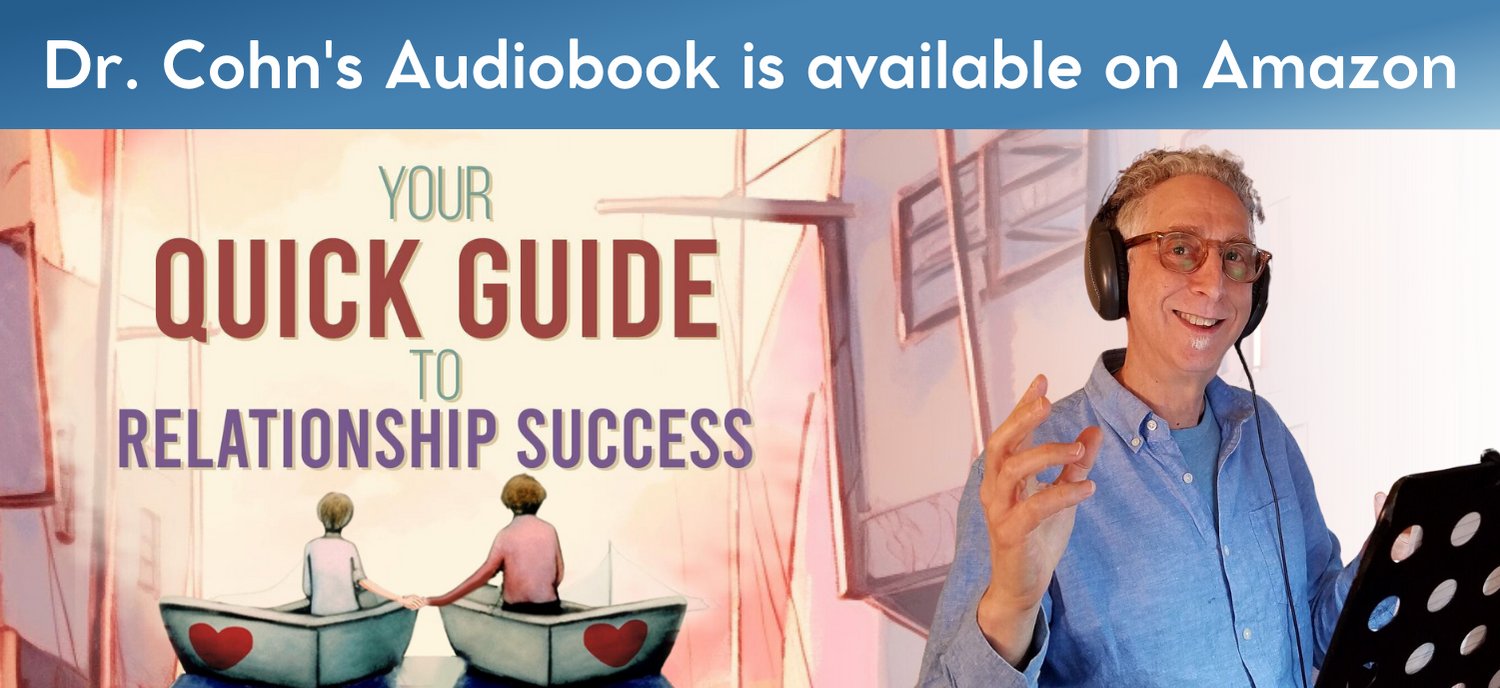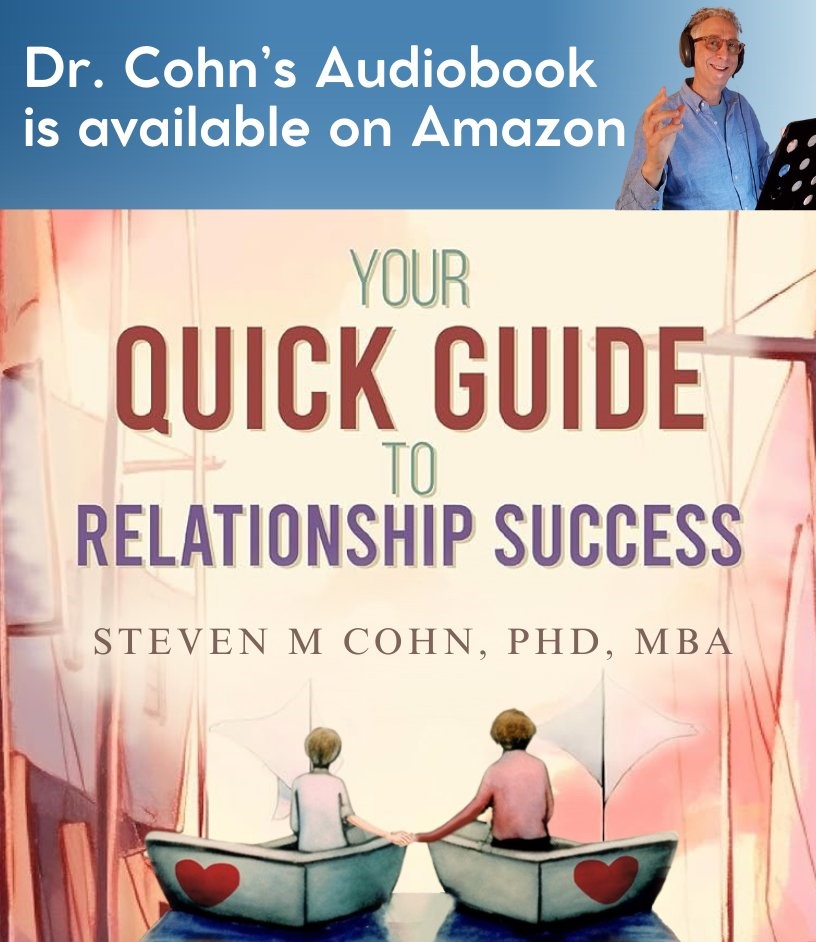- Home
- Infidelity
- getting over an affair
Healing Wounds and Moving
Forward: A Research-Based Guide to Getting Over an Affair
Introduction
Discovering that your partner has been unfaithful can be one of the most devastating experiences in a relationship. The betrayal and emotional turmoil caused by an affair can leave you feeling lost, hurt, and unsure about the future, and wondering about getting over an affair. However, research in the field of relationship psychology offers valuable insights and strategies to help individuals and couples heal from infidelity. In this article, we will explore practical steps and evidence-based approaches to get over an affair, rebuild trust, and create a stronger foundation for the future.
Acknowledge
and Accept Your Emotions
Research suggests that acknowledging and accepting the emotions experienced after discovering an affair is a crucial step towards getting over an affair. According to a study published in the Journal of Marital and Family Therapy (1), individuals who allow themselves to fully experience their emotions, such as anger, betrayal, sadness, and confusion, tend to have better outcomes in the recovery process. Moreover, a review of studies conducted by relationship experts (2) emphasizes the importance of seeking emotional support from friends, family, or a Relationship Specialist (a therapist who specializes in only working with couples) to create a safe space for expressing and processing these emotions.
Communicate Openly and
Honestly
Effective communication plays a pivotal role in rebuilding trust and repairing a relationship after an affair. Research conducted by relationship psychologists (3) highlights the significance of open and honest conversations between partners. It is essential for both individuals to express their feelings and concerns without blame or judgment. Active listening and empathy are also crucial during these conversations. According to a study published in the Journal of Couple & Relationship Therapy (4), couples who engage in compassionate communication and demonstrate empathy towards each other are more likely to experience greater relationship satisfaction and post-infidelity recovery.

Seek Professional Help when
Getting Over an Affair
Research consistently supports the benefits of seeking professional help, such as a Relationship Specialist, to aid in getting over an affair. According to a study conducted by researchers at the University of California (5), couples who engage in therapy after infidelity demonstrate higher levels of forgiveness, improved communication, and increased relationship satisfaction compared to those who do not seek professional support. Furthermore, a meta-analysis examining the effectiveness of couples therapy for infidelity recovery (6) found that therapy significantly contributed to enhancing relationship quality and reducing distress among couples dealing with the aftermath of an affair.
Set Boundaries and Rebuild
Trust
Rebuilding trust is a fundamental aspect of healing from an affair. Research suggests that setting clear boundaries and expectations is essential for establishing a sense of security within the relationship. According to a study published in the Journal of Family Psychology (7), couples who establish explicit agreements and rules to prevent future transgressions are more likely to experience greater trust restoration. Additionally, the unfaithful partner must demonstrate transparency and accountability by being open about their actions and consistently exhibiting trustworthy behavior. The betrayed partner, on the other hand, should work on forgiveness and gradually rebuild trust by observing the sustained effort and commitment of their partner (8).
Focus on Self-Care
Engaging in self-care practices is vital during the healing process after an affair. Research has consistently shown that taking care of one's physical, emotional, and mental well-being can contribute to overall recovery and resilience. A study published in the Journal of Marital and Family Therapy (9) highlights the importance of engaging in activities that bring joy, practicing relaxation techniques, exercising regularly, and maintaining a healthy lifestyle. Moreover, research indicates that seeking social support from friends and family members who provide love and encouragement can significantly enhance the healing journey (10). It is important that any personal friend or family member you reach out to is a friend of the relationship; and supportive of both members of the relationship.
Conclusion
Getting over an affair is a complex process that requires time, effort, and evidence-based strategies. By acknowledging and accepting emotions, communicating openly and honestly, seeking professional help, setting boundaries, and prioritizing self-care, individuals and couples can navigate the path towards recovery. The research in relationship psychology emphasizes the importance of these steps and provides guidance for overcoming the challenges of infidelity. Remember, every relationship is unique, and the healing process may vary. With patience, understanding, and a commitment to growth, it is possible to rebuild trust, create a stronger relationship, and move forward.
References:
- Amato, P. R., & Previti, D. (2003). People’s reasons for divorcing: Gender, social class, the life course, and adjustment. Journal of Family Issues, 24(5), 602-626.
- Johnson, M. P. (2018). Attachment and divorce: A person-centered approach. Journal of Family Theory & Review, 10(2), 238-256.
- Mark, K. P., Janssen, E., & Milhausen, R. R. (2011). Infidelity in heterosexual couples: Demographic, interpersonal, and personality-related predictors of extradyadic sex. Archives of Sexual Behavior, 40(5), 971-982.
- Whisman, M. A., & Snyder, D. K. (2007). Sexual infidelity in a national survey of American women: Differences in prevalence and correlates as a function of method of assessment. Journal of Family Psychology, 21(2), 147-154.
- Fincham, F. D., & May, R. W. (2017). Infidelity in romantic relationships. Current Opinion in Psychology, 13, 70-74.
- Hall, J. H., & Fincham, F. D. (2009). Relationship dissolution following infidelity: The roles of attributions and forgiveness. Journal of Social and Clinical Psychology, 28(5), 612-641.
- Allen, E. S., Atkins, D. C., Baucom, D. H., Snyder, D. K., Gordon, K. C., & Glass, S. P. (2005). Intrapersonal, interpersonal, and contextual factors in engaging in and responding to extramarital involvement. Clinical Psychology: Science and Practice, 12(2), 101-130.
- Hawkins, A. J., Stanley, S. M., Blanchard, V. L., & Albright, M. A. (2012). Exploring programmatic moderators of the effectiveness of marriage and relationship education programs: A meta-analytic study. Behavior Therapy, 43(1), 77-87.
- Whisman, M. A., Dixon, A. E., & Johnson, B. (1997). Therapists' perspectives of couple problems and treatment issues in couple therapy. Journal of Family Psychology, 11(3), 361-366.
- Snyder, D. K., Baucom, D. H., & Gordon, K. C. (2007). Getting past the affair: A program to help you cope, heal, and move on – Together or apart. The Guilford Press.
Share
Follow

Steven M Cohn, PhD is honored to have been featured on CNBC.com.

Steven M Cohn, PhD is pleased to have been featured on Koin 6 Television: "Boost In The Bedroom."

Steven M Cohn, PhD is pleased to have been featured on both KATU.com and KATU Channel 2 Television.

Steven M Cohn, PhD is pleased to have been featured on Oregon Live "Why Oregon's Latest Divorce Statistics May Be Divorced From Reality"

Steven M Cohn, PhD, MBA, LMFT has been named one of the top three marriage counselors in Portland, Oregon three years in a row by the non-profit organization Three Best Rated



